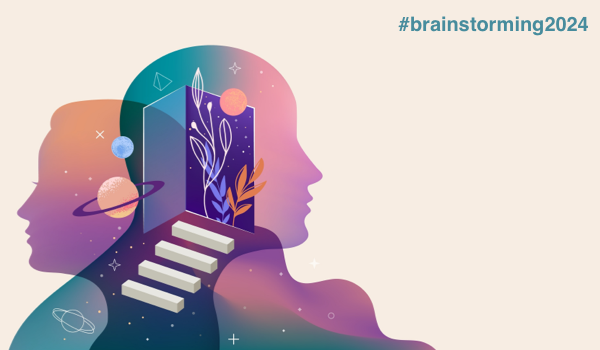


LONDON - The ‘metaverse’ has not yet arrived, and even when it does it will not be a single domain controlled by any one company. Facebook wanted to create that impression when it changed its name to Meta, but its rebranding also coincided with major investments by Microsoft and Roblox. These companies and others are angling to shape how virtual reality and digital identities will be used to organize more of daily life - from work and healthcare to shopping, gaming and other forms of entertainment.
The metaverse is not a new concept. The term was coined by sci-fi novelist Neal Stephenson in his 1992 book Snow Crash, which depicts a hyper-capitalist dystopia in which humanity has collectively opted into life in virtual environments. So far, the experience has been no less dystopian here in the real world. Most experiments with immersive digital environments have been immediately marred by bullying, harassment, digital sexual assault, and all the other abuses that people have come to associate with platforms that ‘move fast and break things,’to paraphrase Mark Zuckerberg. None of this should come as a surprise. The ethics of new technologies have always lagged the innovations themselves, which is why independent parties should provide governance models sooner rather than later - before self-interested corporations do it instead with their own profit margins in mind.
The evolution of ethics in artificial intelligence (AI) is instructive and offers good lessons here as well. Following a major breakthrough in AI imag
The content herein is subject to copyright by Project Syndicate. All rights reserved. The content of the services is owned or licensed to The Yuan. The copying or storing of any content for anything other than personal use is expressly prohibited without prior written permission from The Yuan, or the copyright holder identified in the copyright notice contained in the content. Continue with Linkedin
Continue with Linkedin
 Continue with Google
Continue with Google









 1063 views
1063 views








